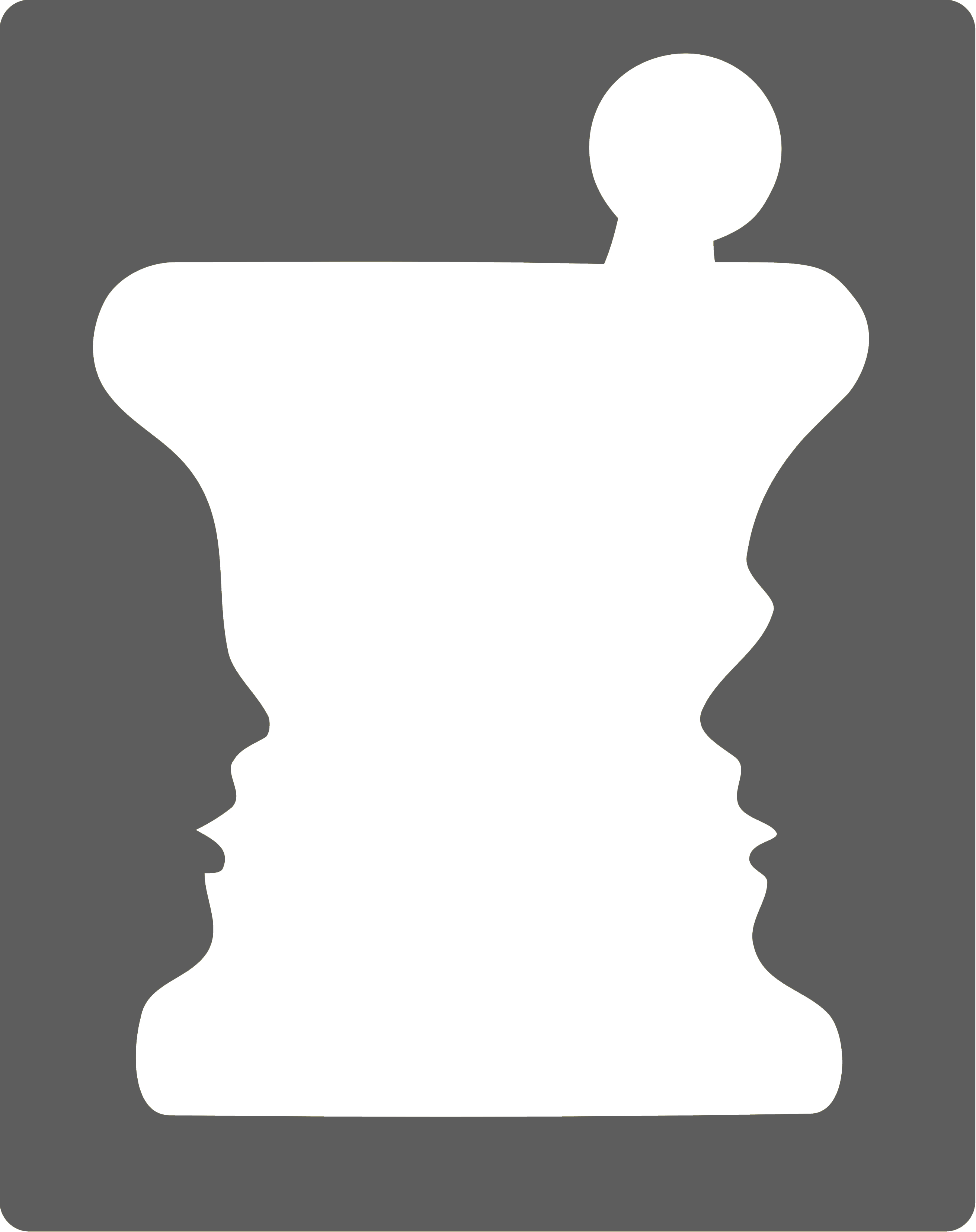Hospital Pharmacy/Drug Room License
A hospital pharmacy is defined in Business and Professions Code section 4029 to mean and include a pharmacy licensed by the board, located within any licensed hospital, institution, or establishment that maintains and operates organized facilities for the diagnosis, care, and treatment of human illnesses to which persons may be admitted for overnight stay and that meets all of the requirements of this chapter and the rules and regulations of the board. A hospital pharmacy also includes a pharmacy that may be located outside of the hospital, in another physical plant that is regulated under a hospital's consolidated license issued pursuant to Section 1250.8 of the Health and Safety Code. As a condition of licensure by the board, the pharmacy in another physical plant shall provide pharmaceutical services only to registered hospital patients who are on the premises of the same physical plant in which the pharmacy is located. The pharmacy services provided shall be directly related to the services or treatment plan administered in the physical plant. Every pharmacy must have a pharmacist-in-charge who is responsible for the day to day operations of the pharmacy (Business and Professions Code section 4054).
A hospital pharmacy may apply for a Centralized Hospital Packaging Pharmacy license, which allows the pharmacy to prepare medications, by performing specified functions, for administration only to inpatients within its own general acute care hospital and one or more general acute care hospitals if the hospitals are under common ownership, as defined, and within a 75-mile radius of each other.
“Exempt Hospital” (Drug Room) is a licensed hospital that contains 100 or fewer beds, and does not employ a full-time pharmacist. Such exempt hospitals may purchase drugs at wholesale for administration by or under the supervision of a physician to registered inpatients, emergency patients, or patients registered as outpatients of a rural hospital. An exempt hospital must retain the services of a pharmacist consultant to monitor and review the pharmaceutical services provided by the hospital to inpatients of the hospital and the dispensing of drugs by physicians to outpatients.
Controlled Substance Utilization Review and Evaluation System (CURES) Reporting
Pharmacies are required to comply with California Health Code Safety Code, Section 11165(d) as specified, “For each prescription for a Schedule II, Schedule III, or Schedule IV controlled substance, as defined in the controlled substances schedules in federal law and regulations, specifically Sections 1308.12, 1308.13, and 1308.14, respectively, of Title 21 of the Code of Federal Regulations, the dispensing pharmacy, clinic, or other dispenser shall report the following information to the California Department of Justice as soon as reasonably possible, but not more than seven days after the date a controlled substance is dispensed, in a format specified by the California Department of Justice”.
Application
Clear your web browsers cache to ensure you are completing the current applications. Ctrl + F5 is used to force reload a webpage on Windows computers. On Macs, Option + Command + E is the keyboard shortcut to force reload. Failure to complete the current application versions may result in additional deficiencies related to your application.
The board may require additional documentation to confirm or substantiate the ownership structure reported at any time during the application process.- Hospital Pharmacy License Application (PDF)
- Request Fingerprint Cards - Out of State Individuals



